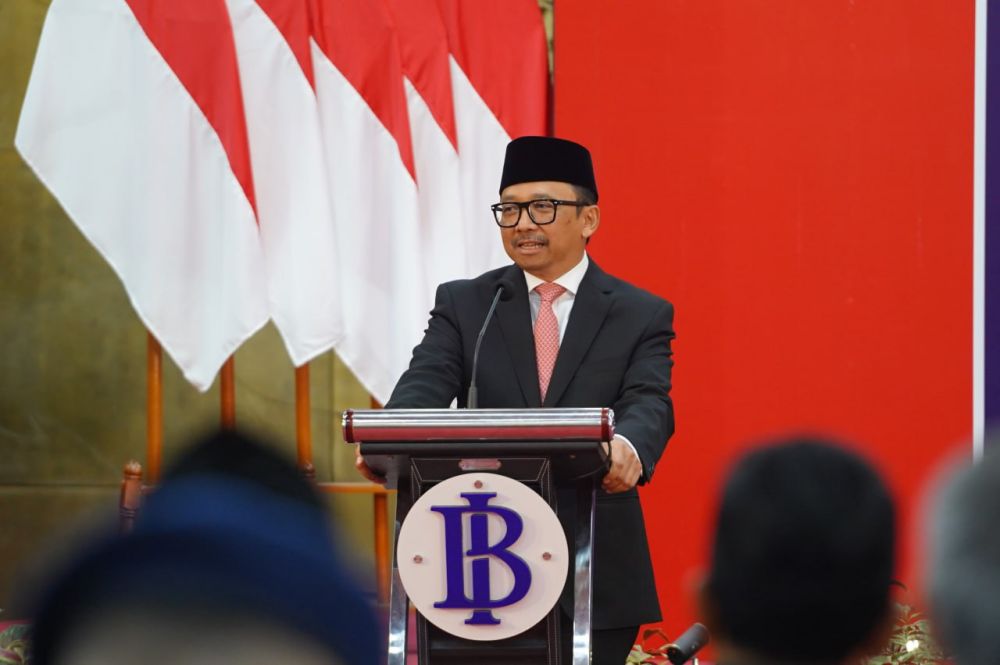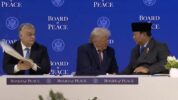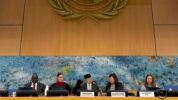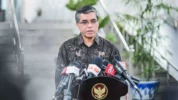Bank Indonesia Leads Regional Dialogue on Banking Supervision and Policy Innovation
In terms of digitalization, the forum stressed the need for regulators to encourage innovation while ensuring robust risk management, particularly in cybersecurity. The swift pace of technological progress requires a balanced approach to promote innovation without compromising system security.
Regarding the green finance transition, regulators are encouraged to support this shift through collaboration with industry sectors. This includes improving sustainability disclosures, enhancing reporting practices, providing relevant data, and strengthening cooperation among financial authorities.
The conference also underscored the importance of effective cyber risk management. To address these concerns, Bank Indonesia has developed a comprehensive cybersecurity framework based on three pillars: governance, prevention, and response. This framework sets minimum standards to protect the financial sector from potential cyber threats.
The EMEAP WGBS forum highlighted the need for ongoing collaboration and information sharing among member institutions to address emerging challenges effectively. This collective effort aims to enhance the overall resilience of the financial systems in the region.
Participants from various countries contributed to the discussions, representing a wide range of financial regulatory bodies. The EMEAP WGBS includes members from the Reserve Bank of Australia, Australian Prudential Regulation Authority, People’s Bank of China, National Financial Regulatory Administration, Hong Kong Monetary Authority, Bank Indonesia, Financial Services Authority, Bank of Japan, Japan Financial Sector Agency, Bank of Korea, Korea Financial Supervisory Service, Bank Negara Malaysia, Reserve Bank of New Zealand, Bangko Sentral ng Pilipinas, Monetary Authority of Singapore, and Bank of Thailand.
In conclusion, the meeting was a significant step toward addressing the complex and evolving challenges facing the financial sector. The initiatives and agreements reached are expected to contribute to greater financial stability and innovation in the Asia-Pacific region. (Uki Ruknuddin)



























Tinggalkan Balasan